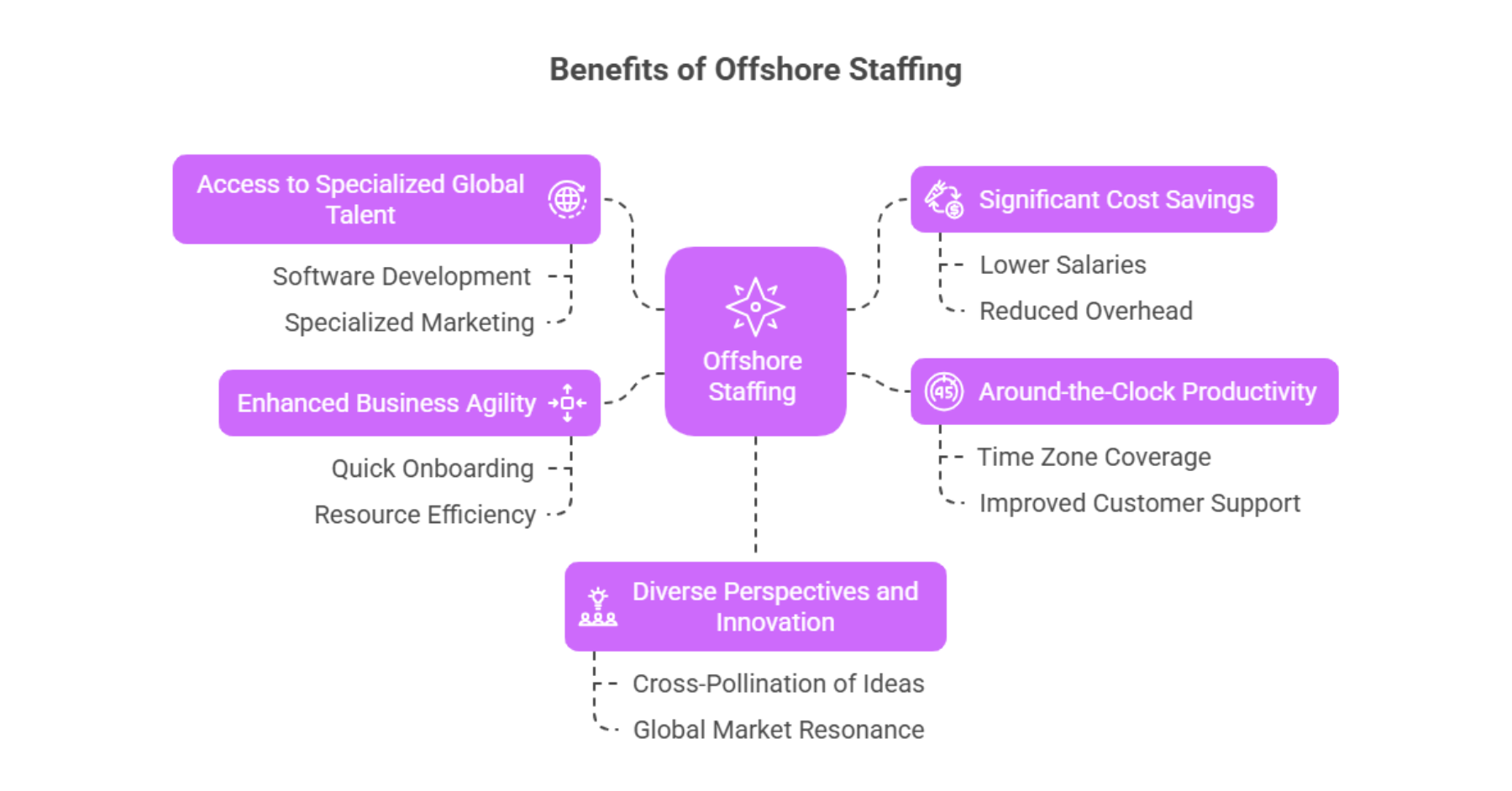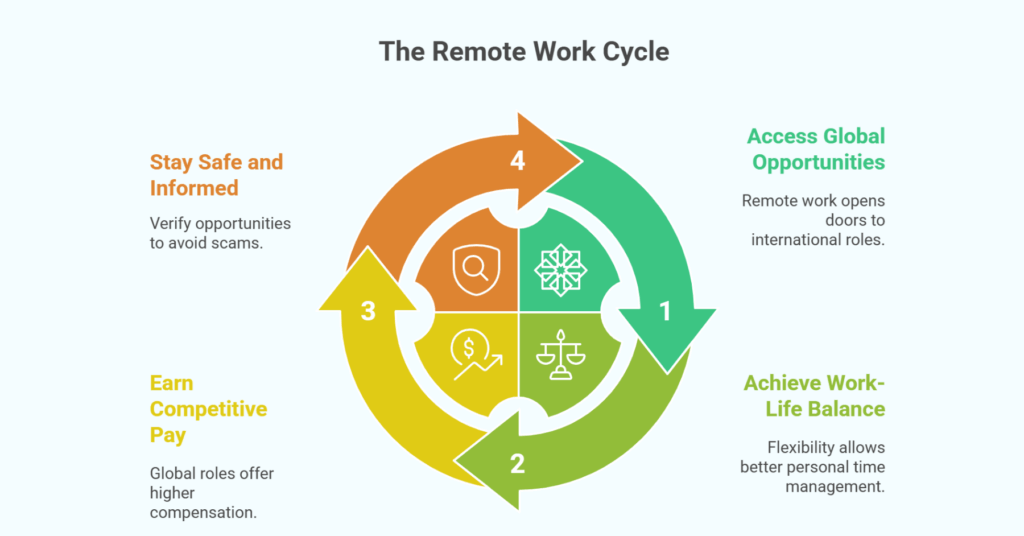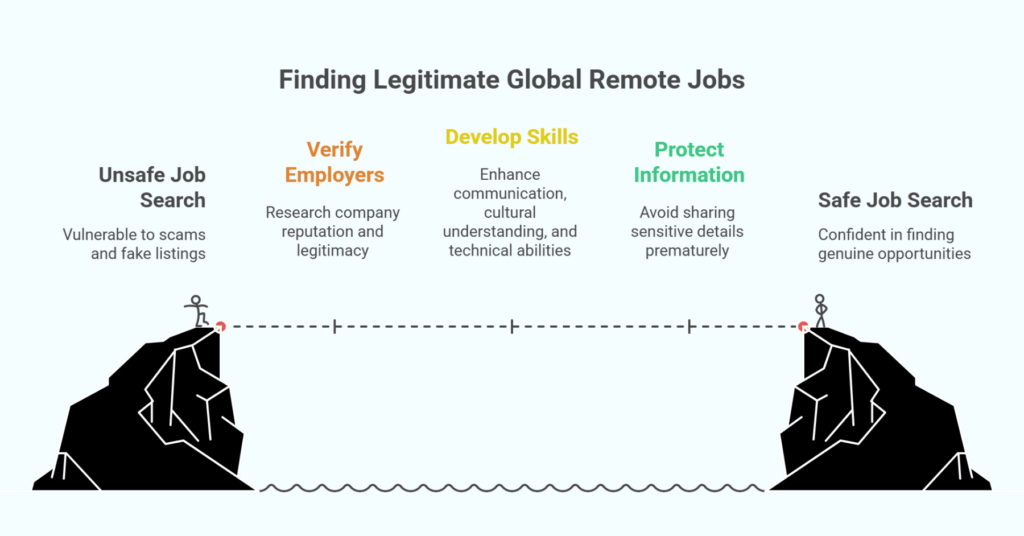“Hire offshore employees to tap into global talent, reduce costs, and scale your team beyond local limitations.”
As businesses seek to grow and innovate, the local talent pool often proves too limited or costly to meet expanding needs. Hiring offshore employees offers a compelling solution: you gain access to skilled professionals from around the world, benefit from lower labor costs, and build diverse teams without geographic constraints. However, recruiting and managing offshore staff requires a strategic approach—one that balances time zones, cultural differences, legal compliance, and seamless communication.
This guide walks you through every step of the offshore hiring process, from defining roles and choosing the right partner to onboarding and retaining top talent. You’ll learn best practices for sourcing candidates, conducting interviews, and structuring contracts that protect both your company and your new international hires. Whether you’re a startup looking to scale quickly or an established enterprise optimizing costs, mastering offshore recruitment empowers you to build a global, high-performing workforce.
1. Why Hire Offshore Employees?
Understanding the benefits of offshore staffing clarifies why this strategy has become essential for modern businesses.
-
Access to Specialized Global Talent:
Offshore hiring opens the door to a vast, highly skilled workforce that may not exist locally, allowing you to fill niche roles—from software development to specialized marketing—with experts who bring fresh perspectives and expertise. This global reach enhances your company’s innovation potential while ensuring you find the precise skill sets required for technical or creative positions. By tapping into diverse talent sources, you avoid compromising on quality and can maintain competitive advantage through specialized knowledge. -
Significant Cost Savings:
Employing offshore staff often reduces labor costs by 30–70%, depending on the region, without sacrificing quality. Lower salaries, combined with reduced overhead for office space and benefits, translate into substantial savings that can be reinvested in growth initiatives. These financial efficiencies enable smaller companies to compete with larger firms and allow enterprises to allocate resources more strategically, enhancing profitability and scalability. -
Around-the-Clock Productivity:
With teams spread across different time zones, your business can achieve near 24/7 operational coverage. Offshore employees can handle tasks while your domestic team is offline, speeding up project timelines and improving customer support. This continuous workflow helps you meet tight deadlines, respond to market demands swiftly, and maintain high service levels. It’s especially valuable for global businesses requiring real-time collaboration and rapid problem resolution. -
Enhanced Business Agility:
Offshore staffing provides flexibility to scale your workforce up or down based on project needs without the long-term commitments of local hiring. You can quickly onboard talent for specific projects or peak periods, then adjust headcount when demand shifts. This agility reduces recruitment lead times and enables you to respond nimbly to business opportunities or challenges, ensuring resource efficiency and better budget management. -
Diverse Perspectives and Innovation:
A multicultural offshore team brings a variety of viewpoints, problem-solving approaches, and creative insights that drive innovation. Exposure to different work cultures and business practices fosters cross-pollination of ideas, leading to more robust strategies and solutions. Embracing diversity not only enhances team creativity but also helps your organization develop products and services that resonate with global markets.
2. Step-by-Step Guide to Hiring Offshore Employees
Follow these steps to build a successful offshore team with minimal risk and maximum efficiency.
-
Define Roles and Requirements Clearly:
Begin by creating detailed job descriptions that outline responsibilities, required skills, and performance metrics. Clearly specify technical competencies, language proficiency, work hours, and cultural fit criteria. Providing comprehensive role definitions ensures candidates understand expectations and self-select based on skill alignment. Detailed requirements also enable recruiters or offshore partners to filter and present only the most suitable candidates, saving time for both parties. -
Choose the Right Offshore Partner or Platform:
Evaluate offshore recruitment agencies, Employer of Record (EOR) services, and freelance platforms based on their track record, compliance support, and industry expertise. Look for partners that handle contracts, payroll, and legal compliance in the target country, reducing your administrative burden and mitigating legal risks. A reliable offshore partner acts as an extension of your HR team, providing local market knowledge, candidate vetting, and ongoing support to ensure a smooth hiring process and positive employee experience. -
Implement a Rigorous Screening Process:
Use a combination of skills assessments, video interviews, and reference checks to evaluate candidates thoroughly. Assess both technical abilities and soft skills—such as communication, self-motivation, and cultural adaptability—critical for remote offshore work. Structured interviews and standardized tests ensure consistency and fairness. Involving team members in the process helps gauge cultural fit and collaboration potential, leading to hires who integrate seamlessly and contribute effectively. -
Draft Comprehensive Offshore Contracts:
Work with legal experts to create contracts that comply with local labor laws, cover intellectual property rights, confidentiality, termination clauses, and dispute resolution. Clearly define compensation, benefits, working hours, and reporting structures. Explicit legal agreements protect your business and provide transparency for employees, fostering trust and reducing the likelihood of misunderstandings. Properly constructed contracts also demonstrate your commitment to fair employment practices, enhancing your reputation as an employer of choice. -
Onboard and Integrate Offshore Team Members:
Develop a structured onboarding program that includes cultural orientation, tool training, and introductions to key stakeholders. Provide comprehensive documentation, assign a mentor, and schedule regular check-ins to monitor progress and address challenges. Effective onboarding accelerates ramp-up time, builds rapport, and helps offshore employees feel valued and connected to your company culture. Ongoing support and clear communication channels are essential to maintaining engagement and productivity.
3. Solutions Provided by Remote Recruit
Remote Recruit offers end-to-end offshore hiring solutions tailored to modern businesses. For employers, the platform provides AI-driven candidate matching to quickly identify top offshore talent aligned with your technical and cultural requirements. Video interview capabilities streamline remote assessments, while integrated compliance tools and EOR services handle local labor regulations, payroll, and tax obligations seamlessly. This comprehensive approach reduces administrative overhead and legal risk, enabling you to focus on strategic growth.
For job seekers, Remote Recruit connects skilled professionals with vetted offshore opportunities, offering profile optimization, interview coaching, and transparent payment systems to ensure timely compensation. The platform’s intuitive interface and dedicated support simplify the application process, while personalized job recommendations align with your expertise and career goals. With Remote Recruit, both employers and offshore employees experience a secure, efficient, and productive hiring journey, unlocking the full potential of global talent.
5. Conclusion
Hiring offshore employees empowers organizations to transcend geographic limitations and build dynamic, cost-effective teams. By accessing specialized global talent, achieving cost savings, and fostering innovation through diversity, businesses can gain a sustainable competitive edge. However, success hinges on a strategic, step-by-step approach: defining clear roles, partnering with reliable platforms, conducting thorough screenings, safeguarding through compliant contracts, and providing structured onboarding. Tools like Remote Recruit streamline this complex process, offering AI-driven matching, compliance support, and seamless communication that reduces risk and accelerates hiring. Embracing offshore staffing isn’t just about cutting costs—it’s about driving agility, resilience, and long-term growth in an interconnected world.
Frequently Asked Questions (FAQs)
1. What is the main advantage of hiring offshore employees?
The primary advantage is access to a larger, specialized talent pool at lower labor costs, enabling businesses to scale efficiently and innovate.
2. How do I ensure legal compliance when hiring offshore?
Use an Employer of Record (EOR) or specialized offshore partner to manage local contracts, payroll, taxes, and regulatory requirements on your behalf.
3. What roles are best suited for offshore hiring?
Tech positions like software development, customer support, digital marketing, and back-office functions are commonly and successfully staffed offshore.
4. How can I assess cultural fit with offshore employees?
Incorporate behavioral interview questions, video interactions, and involve current team members in the hiring process to gauge communication style and values alignment.
5. How does Remote Recruit simplify offshore hiring?
Remote Recruit provides AI-powered candidate matching, integrated compliance and payroll services, and video interview tools, creating an efficient, low-risk offshore recruitment process.




